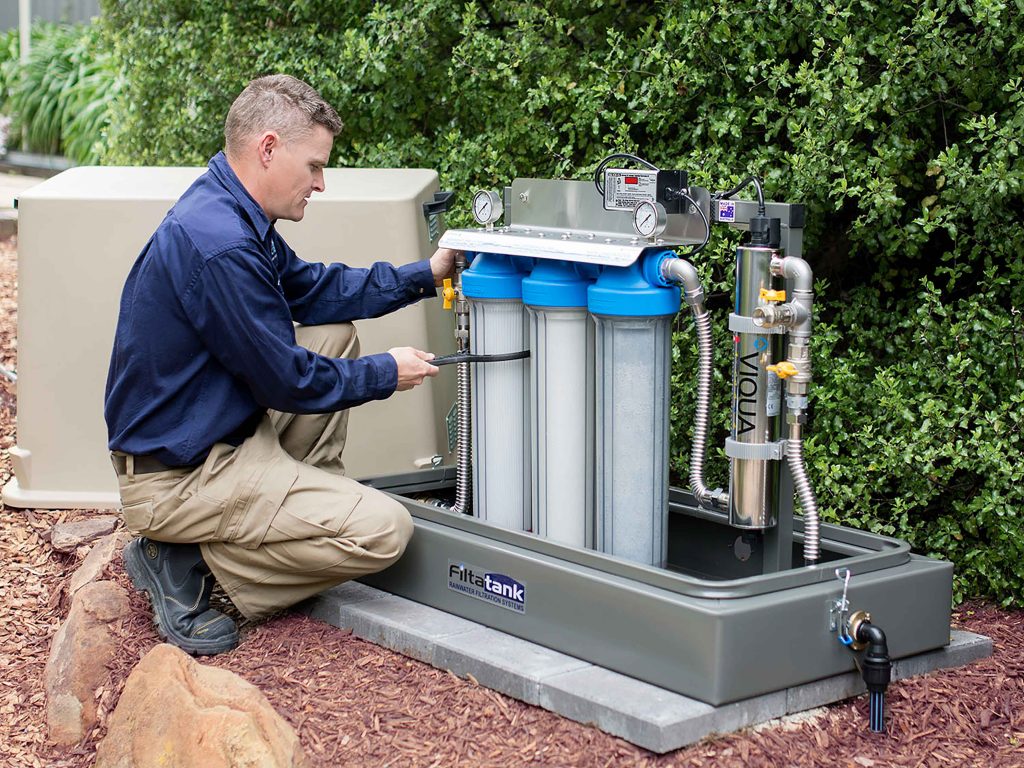In the realm of water purification, significant strides have been made in recent years, leading to crystal clear progress in ensuring access to clean and safe water for communities around the globe. Technological innovations and research breakthroughs have paved the way for advanced water treatment methods that go beyond conventional approaches. One notable advancement lies in the development of cutting-edge filtration systems, such as membrane filtration and nanotechnology-based filters. These systems effectively target contaminants at the molecular level, providing an unprecedented level of purity in the treated water. Moreover, the integration of artificial intelligence has revolutionized water treatment processes by optimizing efficiency and resource utilization. AI-driven monitoring systems can detect and respond to water quality fluctuations in real-time, ensuring a proactive approach to maintaining water safety. The utilization of sustainable and eco-friendly materials in water treatment technologies has also become a focal point. Researchers and engineers are exploring the potential of bio-inspired filtration mechanisms, drawing inspiration from natural processes that filter water in ecosystems.

Bio mimicry has led to the creation of bio filtration systems that mimic the intricate filtration abilities of organisms like mangrove trees and certain aquatic plants. These systems not only enhance the purification process but also contribute to environmental conservation by minimizing the use of synthetic materials. Advancements in desalination technologies represent another breakthrough in addressing water scarcity challenges. Reverse osmosis, a widely employed desalination method, has undergone refinement, resulting in increased energy efficiency and reduced environmental impact. Additionally, forward osmosis and solar desalination techniques are emerging as promising alternatives, harnessing renewable energy sources to produce fresh water from seawater. These innovations hold particular significance for regions grappling with water scarcity, offering a sustainable means of augmenting freshwater supplies. The advent of smart water grids is transforming the landscape of water distribution and management. These interconnected networks leverage sensor technologies and data analytics to optimize water flow, detect leaks, and prevent wastage.
By providing real-time insights into the condition of water infrastructure, smart grids enhance the overall reliability of water supply systems, contributing to water conservation efforts and reducing the likelihood of waterborne diseases. In tandem with technological progress, community-based initiatives and decentralized water purification solutions are gaining prominence. These grassroots efforts empower local communities to take charge of their water quality, utilizing affordable and easily maintainable purification methods. Visit website From simple yet effective bios and filters to portable water purification devices equipped with solar disinfection capabilities, these solutions are making clean water accessible in even the most remote and underserved areas. The integration of innovative financing models, international collaboration, and policy frameworks remains crucial to scaling up these technologies and ensuring their widespread implementation. As we navigate the complexities of water purification in the 21st century, the collective commitment to leveraging science, technology, and community engagement promises a future where access to safe and clean water is not just an aspiration but a global reality.

